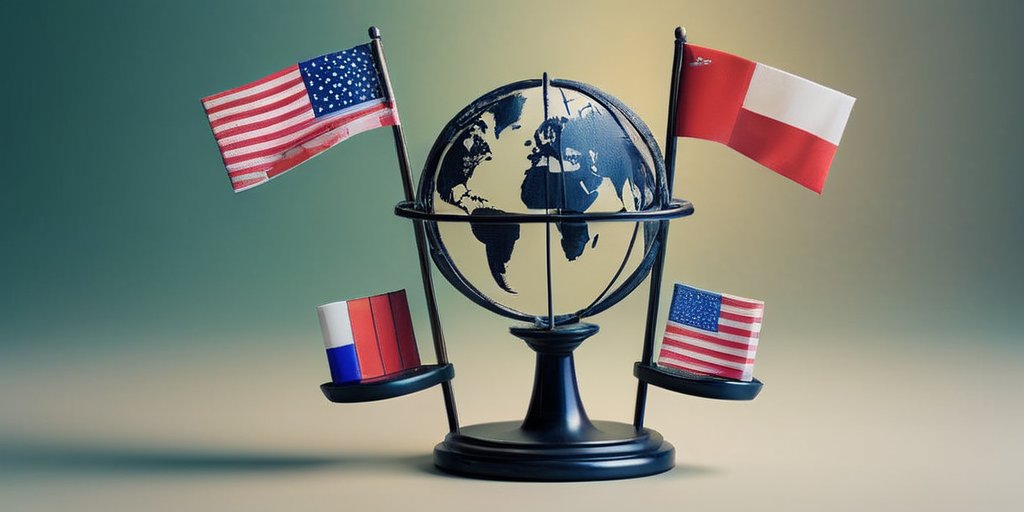In a notable telephone conversation between Presidents Donald Trump and Vladimir Putin, Russian media have heralded the dialogue as a diplomatic victory for the Kremlin. This lengthy discussion reportedly lasted for two hours and focused on the ongoing situation in Ukraine.
Headlines in Russia are showcasing optimism about the outcome, with publications like ‘Izvestia’ stating, “Putin and Trump agreed to work together on Ukraine resolution,” suggesting a collaborative approach toward resolving the turmoil in Ukraine. Furthermore, ‘Komsomolskaya Pravda’ highlighted the call’s record length, indicating that the duration of the discussion itself may imply substantial progress.
However, observers note that Russia’s self-proclaimed victory stems partly from President Putin not being coerced into making significant concessions. Reports indicate that Trump proposed an immediate, unconditional 30-day ceasefire, which Putin openly rejected. Instead, during the call, the Russian leader outlined his own pre-conditions for peace talks, demanding an end to Western military support for Kyiv and halting intelligence sharing with Ukraine. These demands appear strategically aimed at gaining leverage over Ukraine, with analysts expressing skepticism regarding Kyiv’s willingness to acquiesce to such conditions.
Interestingly, rather than exerting pressure on Moscow, the Trump administration emerged from the call with a favorable assessment of the Kremlin leader. Trump commended Putin, stating, “We had a great call,” and his envoy, Steve Witkoff, acknowledged Putin’s role as integral to moving towards a peace agreement.
While this dialogue raises questions about future U.S. foreign policy regarding Ukraine, it could signify a pivotal moment where Trump might prioritize improving relations with Russia over unwavering support for Kyiv. As developments unfold, it remains to be seen whether Trump’s stance could sway Ukraine’s response to Putin’s conditions and what that might mean for the region’s geopolitical landscape.
